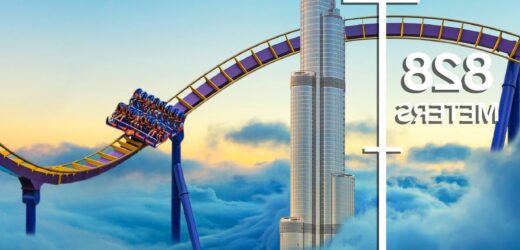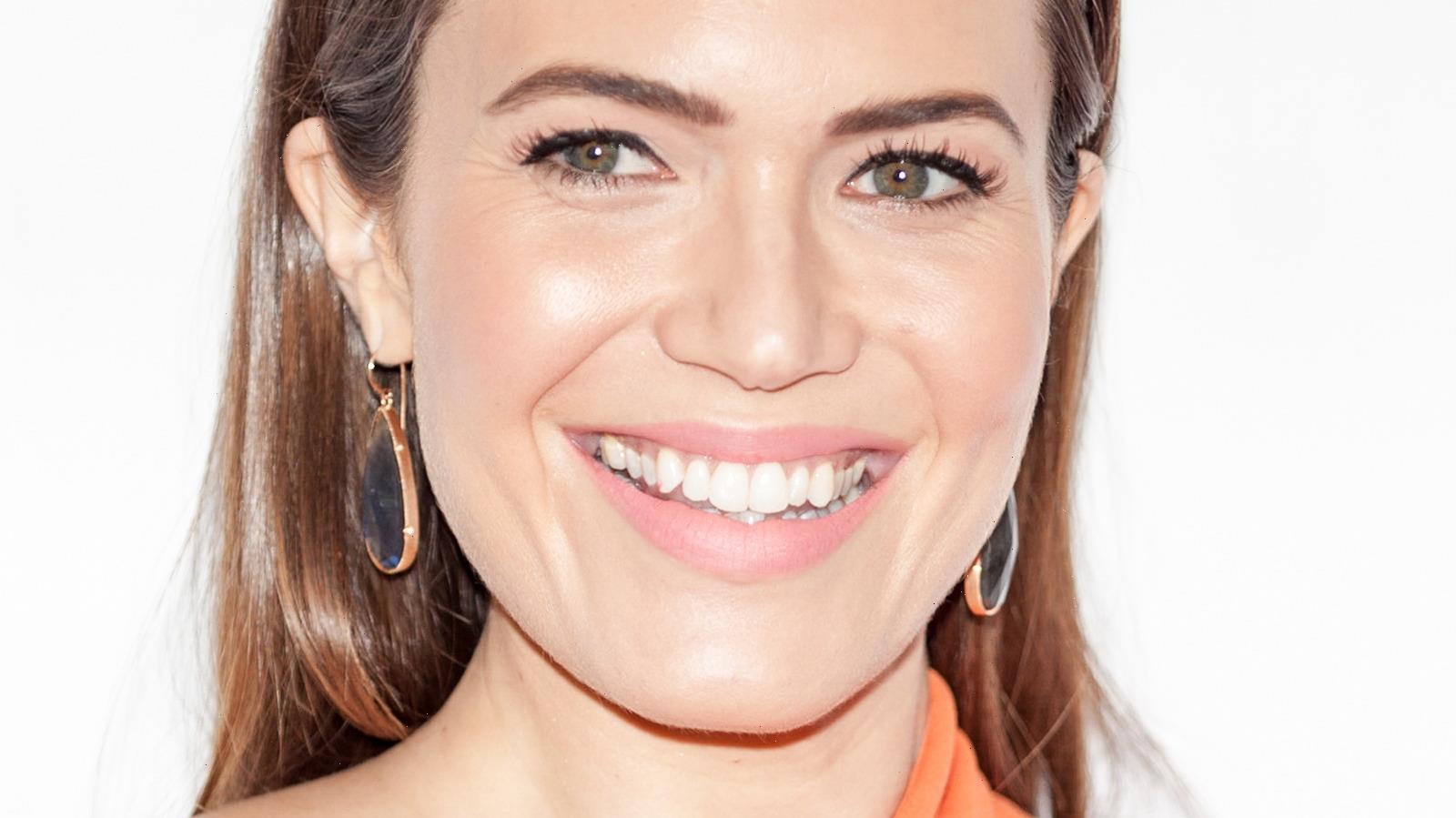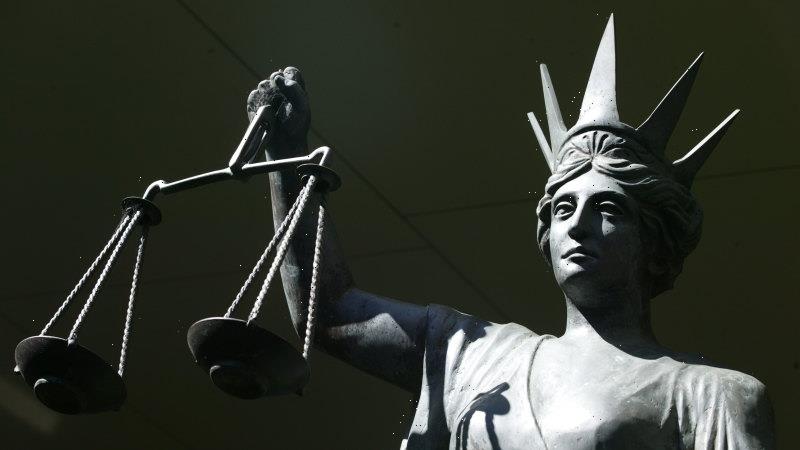- Kingda Ka is the tallest roller coaster in the world. At 139 meters, it’s nearly the height of the Great Pyramid of Giza.
- But what if someone built a roller coaster as tall as the Burj Khalifa, the tallest building in the world?
- Although the engineering would be possible, it wouldn’t be safe to ride because intense wind resistance, flying pieces of debris, and bird strikes could injure or even kill riders.
- Plus, the high g-forces could cause people to blackout as blood moves away from their heads and towards the rest of their bodies.
- Visit Business Insider’s homepage for more stories.
Following is a transcript of the video.
Narrator: This is Kingda Ka, the tallest roller coaster in the world. At 139 meters, it’s nearly the height of the Great Pyramid of Giza. But what if we built a roller coaster even taller? What if there was a coaster that went as high as the tallest building on Earth, the Burj Khalifa? Well, it’s a good thing we don’t, because strapping in to a ride like that might be the last thing you ever did.
The true limit of a roller coaster’s height has less to do with engineering and more to do with the limits of the human body, because the higher the roller coaster, the faster you’ll drop under gravity. And on our 800-meter-tall mega-coaster, riders would hit the blistering top speed of 370 kilometers per hour. Going this fast, the wind alone would cause serious damage. For comparison, Here’s what a wind tunnel does to a human face.
Matt Calabrese: Your skin would pull back at the cheeks. Your eyes would be seeing a lot of damage if there was debris in the air or anything like that. And your ears would probably start popping, which wouldn’t be fun.
Narrator: Some of this is already a problem for Formula Rossa, the fastest roller coaster in the world. It reaches a top speed of 240 kilometers per hour, and anyone who rides it has to wear goggles to protect their eyes, because at those speeds, dust and debris in the air turn into tiny missiles. Speaking of missiles, dust and debris wouldn’t be the only problem.
Calabrese: The main thing I’d be worried about is if you had a bird strike.
Narrator: Yes, a bird strike. It’s rare, but it can happen.
Matus: And I was like, oh my God, oh my God.
Narrator: At lower speeds, it could leave you with a bad bruise or a painful welt, like with the Kingda Ka rider. But at 370 kilometers per hour, you and the unfortunate bird would likely die from the collision. Now, you could just wear a motorcycle helmet and protective clothing before strapping in, but there’s another problem that no amount of protective gear could fix: g-force.
It’s the force that makes you feel heavier than normal, like when you’re riding through a coaster loop. Normally, you experience 1 g-force, but when you rapidly accelerate, like when you’re going through a coaster loop, the g-force ramps up, which causes blood to rush away from your head and often makes riders feel light-headed. For this reason, most roller coasters don’t subject you to more than 5 g’s, tops. But we’re not talking about your typical coaster. If you enter a loop on the Khalifa coaster at more than 300 kilometers per hour…
Calabrese: Blood will start to move away from your head and to the rest of your body, and that means you’ll start to gray out and then possibly black out, and that’s not good.
Narrator: So what can engineers do to protect riders as they continue to build taller, faster coasters? The boring option is to slow down the ride by adding brakes along the first drop. But there’s a better, more exciting way around the problem: loops. Really big loops.
Calabrese: All we have to do is manipulate the curvature to maintain the g-forces that we want. So instead of a tight loop that you would see on a low-speed roller coaster, you’d need big, swooping loops and large radius curvature to make sure that you’re not generating huge amounts of g-force at that speed. As you go through the roller coaster and you lose speed due to air resistance and drag in the wheels, your speed drops, and your curvature will get tighter.
Narrator: That’s why many roller coasters start with one big loop, followed by a series of faster, lighter ones. So in theory, our Khalifa coaster is rideable, as long as we add big enough loops and hand out protective eye gear. That said, we’ll probably never see a roller coaster get much taller than they are today, because nowadays there are cheaper and more efficient ways to thrill and terrify riders.
For example, hydraulic or magnetic launching systems accelerate riders to extreme speeds, without needing to build an expensive, giant drop. So perhaps the only reason to ever build something like a Khalifa coaster would be for the view.
Calabrese: I love roller coasters with beautiful views. And it adds so much to the experience, having a view on the way up. So any beautiful location, love to see a roller coaster in order to get a different perspective on those views.
EDITOR’S NOTE: This video was originally published in July 2019.
Source: Read Full Article


